In a bold move hailed as a life-line for thousands of patients, Kenya’s Social Health Authority (SHA) today announced a sweeping new partnership with Roche East Africa to fully fund critical cancer treatments—cutting costs by more than 67% under the Universal Health Coverage (UHC) initiative.
At a high-profile ceremony presided over by Health Cabinet Secretary Aden Duale, SHA confirmed that breast cancer therapy sessions, previously costing up to KSh 120,000, will now be capped at KSh 40,000 per session, with no co-payment required from eligible patients. The agreement represents an unprecedented expansion of access to cancer care across public, private, and faith-based facilities contracted through SHA.
Rapid Rollout and Financial Protection
Under the terms of the Memorandum of Understanding (MoU), SHA will reimburse accredited facilities at a fixed tariff—eliminating any out-of-pocket expenses for registered beneficiaries. The deal extends beyond breast cancer, including funding for Herceptin® SC 600mg for HER2-positive breast and metastatic gastric cancers, bringing advanced therapies to previously unreachable patients.
Duale declared the partnership “a defining moment in our pursuit of equitable health coverage,” adding that the initiative will not just reduce costs but strengthen early detection, diagnosis, and provider capacity.
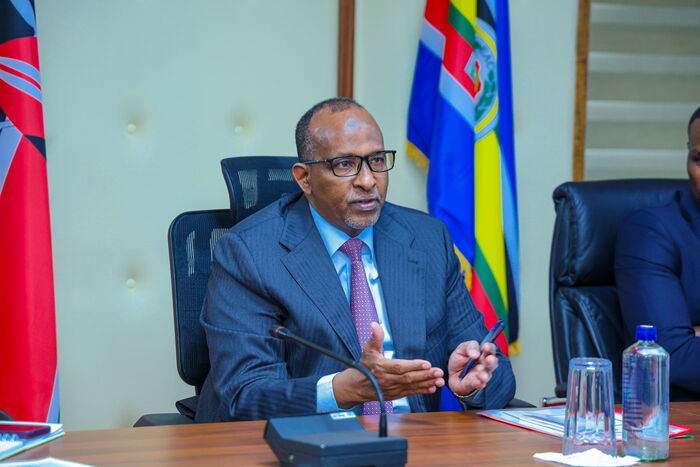
A New Era for Cancer Care in Kenya
Statistics from the National Cancer Institute of Kenya underscore the urgency: breast cancer accounts for 23.3% of all cancer cases in women and kills over 3,100 women annually. Around 6,799 women are diagnosed each year, with many unable to afford treatment.
By removing financial barriers and expanding service reach to non-public facilities, the partnership aims to close critical gaps in care—particularly where government hospitals are overwhelmed or inaccessible.
Infrastructure, Diagnostics and Workforce Overhaul
Beyond price cuts, SHA and Roche committed to strengthening Kenya’s cancer response capacity. The agreement includes:
- Establishing a national sample referral network for faster diagnostics;
- Training healthcare workers in breast and cervical cancer management;
- Reinforcing community screening and early detection programs to improve treatment outcomes.
Political Signals and Health Reform Momentum
The deal comes as SHA, launched in late 2024, replaces the former NHIF framework under sweeping health reforms. With President Ruto and his government under pressure to deliver tangible UHC results, this public–private milestone is both policy and political capital.
Observers note that treatment cost reduction from KSh 120,000 to KSh 40,000 per session is a seismic shift in affordability. It signals investment in healthcare equity and offers a lifeline to thousands who once avoided treatment due to crippling expense.
What Lies Ahead
Healthcare analysts emphasize that long-term success hinges on sustained funding and operational integrity. While the initial cap covers the treatment cost, SHA’s support for ancillary services—including chemo administration, radiotherapy, staging, and follow-up—depends on whether patients qualify under the Social Health Insurance Fund and the Emergency, Chronic and Critical Illness Fund.
For now, the partnership stands as a watershed moment. It offers hope that Kenya can achieve equity in cancer care while advancing UHC ambitions. But as Duale and SHA embark on implementation, the real test will be in delivery: timeliness, consistency, and coverage across all regions.


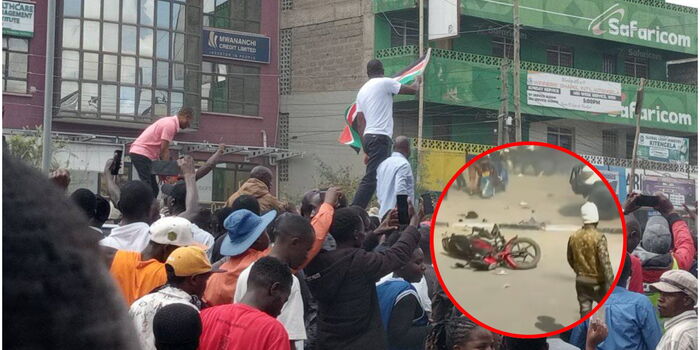

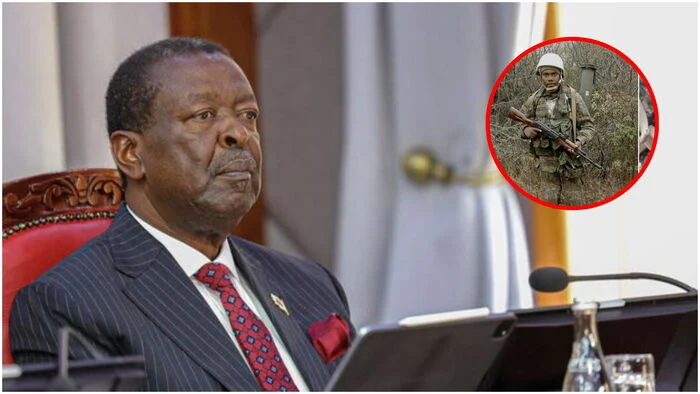
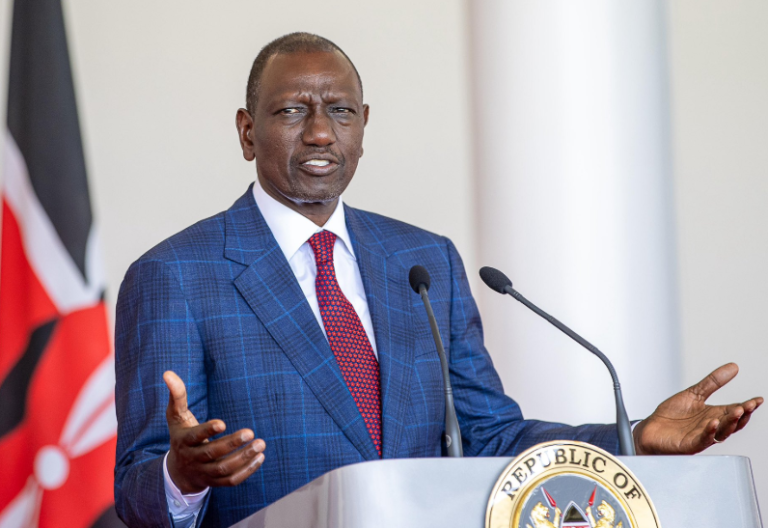
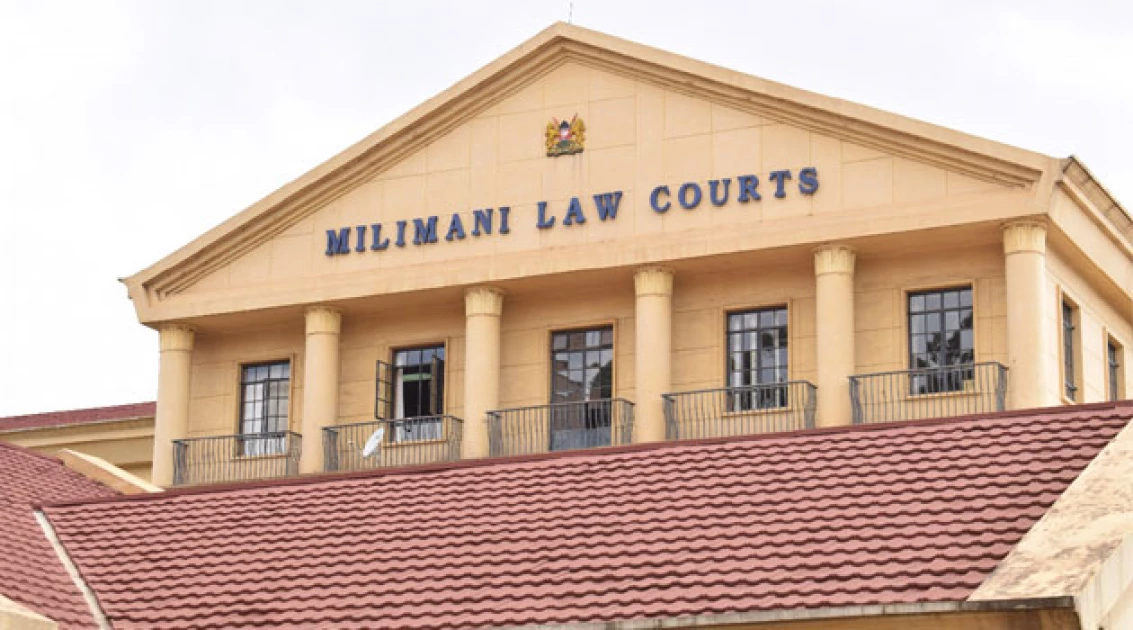
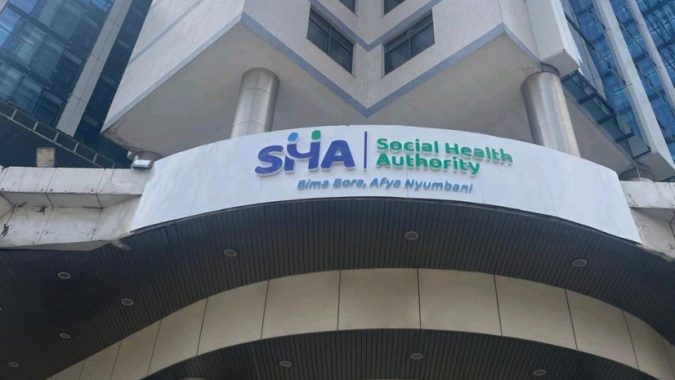

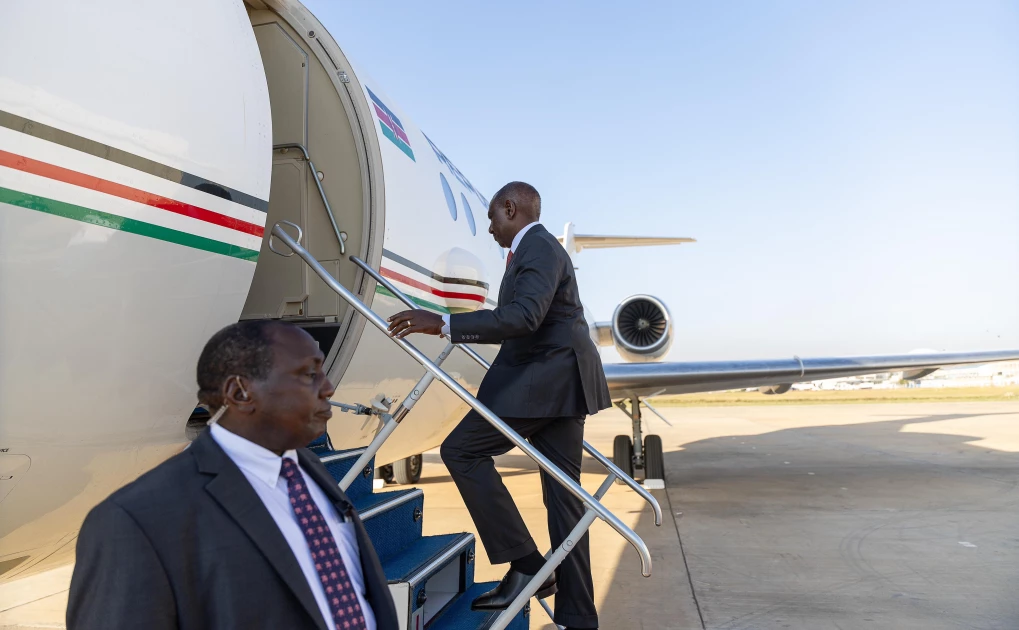
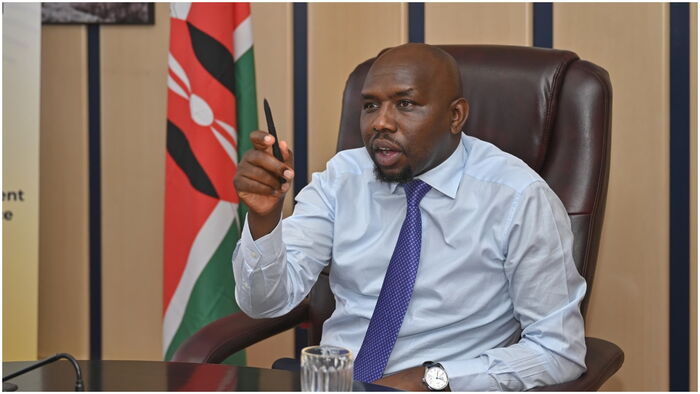


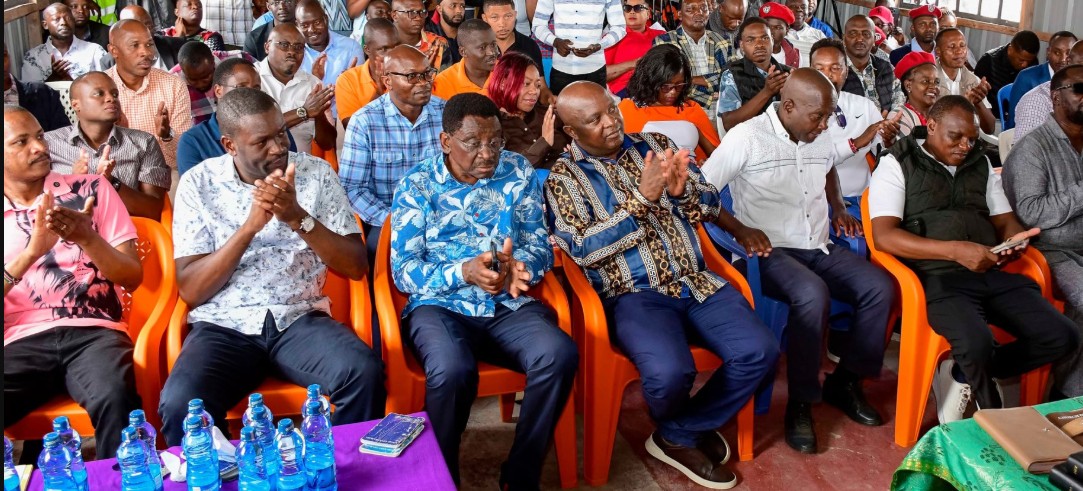
Leave a Reply